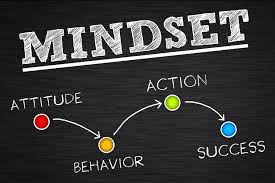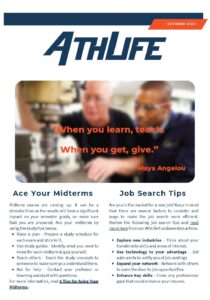Lifelete Fundamentals
January 27, 2015
Networking is not fun or easy for everyone, but it is an essential component of the professional development process. Many networking opportunities take place at large events or conferences. The scenario of being in a room full of people, many of whom are complete strangers, and trying to make new professional connections can be very daunting. For individuals who relate more with the introvert personality type, networking is even more arduous due to the energy needed to engage in this type of activity.
Contrary to what some people believe, being an introvert does not mean you are shy or not outgoing. Being an introvert means you prefer (or draw more energy from) solitude and are typically overwhelmed by too much stimulation (such as large gatherings). To learn more about introverts, watch Susan Cain’s TED Talk “The Power of Introverts.”
According to Rebekah Campbell in “An Introverts Guide to Networking,” introverts can develop strategies to improve upon and actually enjoy the networking process. Campbell provides the following strategies to help introverts with networking:
Have short conversations with lots of people. Follow up later.
“ I find it difficult to form deep connections at events. Instead, I try to have short conversations with as many people as possible, making sure I have their contact information so I can follow up later,” explains Campbell.
Tip: Always have business cards with you to make the exchange of contact information much easier.
Focus on what you are good at.
We are not all good at the same things, but if communicating one-on-one is easier or more comfortable for you, Campbell recommends you leverage this strength. She notes, “Instead of worrying about my inability to charm at large-group events, I focus my on my more natural ability to engage people one-on-one and to speak publicly.”
Tip: Setting up follow up informational interviews or meetings with a person you met at a large event may allow for much more comfortable communication.
It’s about forming a few close relationships.
Finally, Campbell writes “Every year, I meet between one and three people who are magic. It’s never about what this person can do for me; it’s a realization that I’ve encountered someone I can learn from.”
Tip: It’s not about how many connections you have but the quality of those connections.




